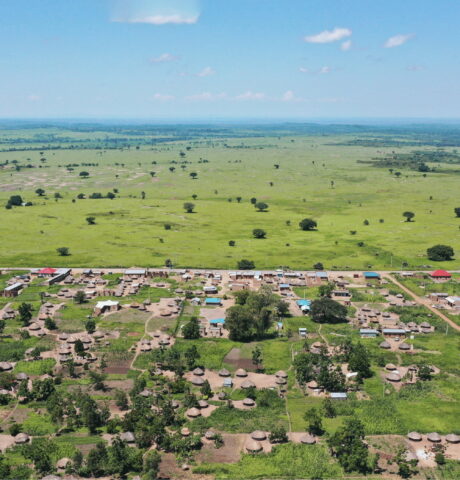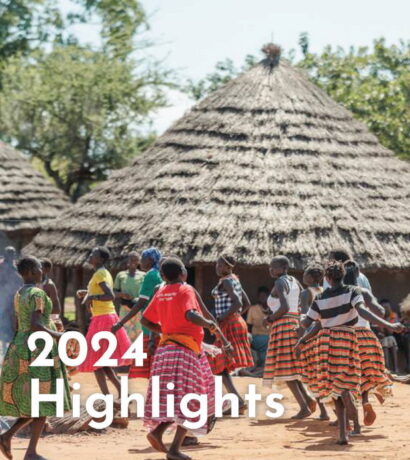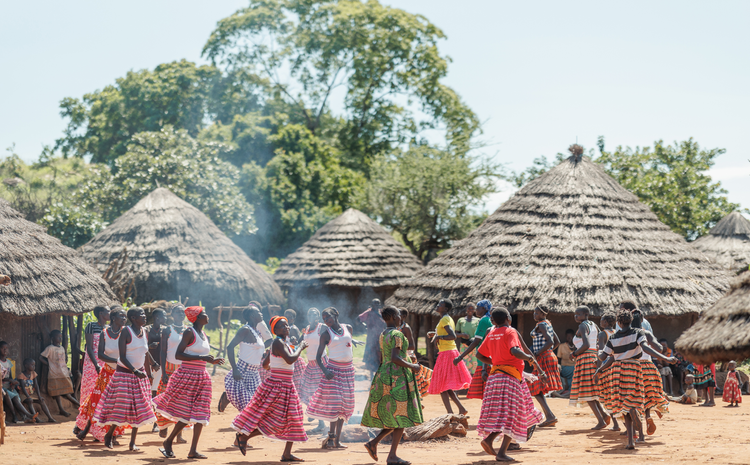BUILDING A MOVEMENT
We are igniting and supporting community-led conservation in Uganda
Umoja is a grassroots NGO supporting local communities and private landowners in managing land, protecting wildlife, and sustaining livelihoods. With 18 member conservancies, including 12 managed directly by communities and three each by landowner groups and private entities, our aim is to promote community-led conservation initiatives outside Uganda’s protected areas.
Umoja’s 2024 Highlights
As 2024 comes to an end, we’re filled with gratitude and excitement as we reflect on a year of incredible progress and milestones. Your support has been at the heart of our journey, empowering Umoja Wildlife Conservancies to make a lasting impact.
We’re excited to share all the details and stories in our Newsletter!
1000 +
people impacted
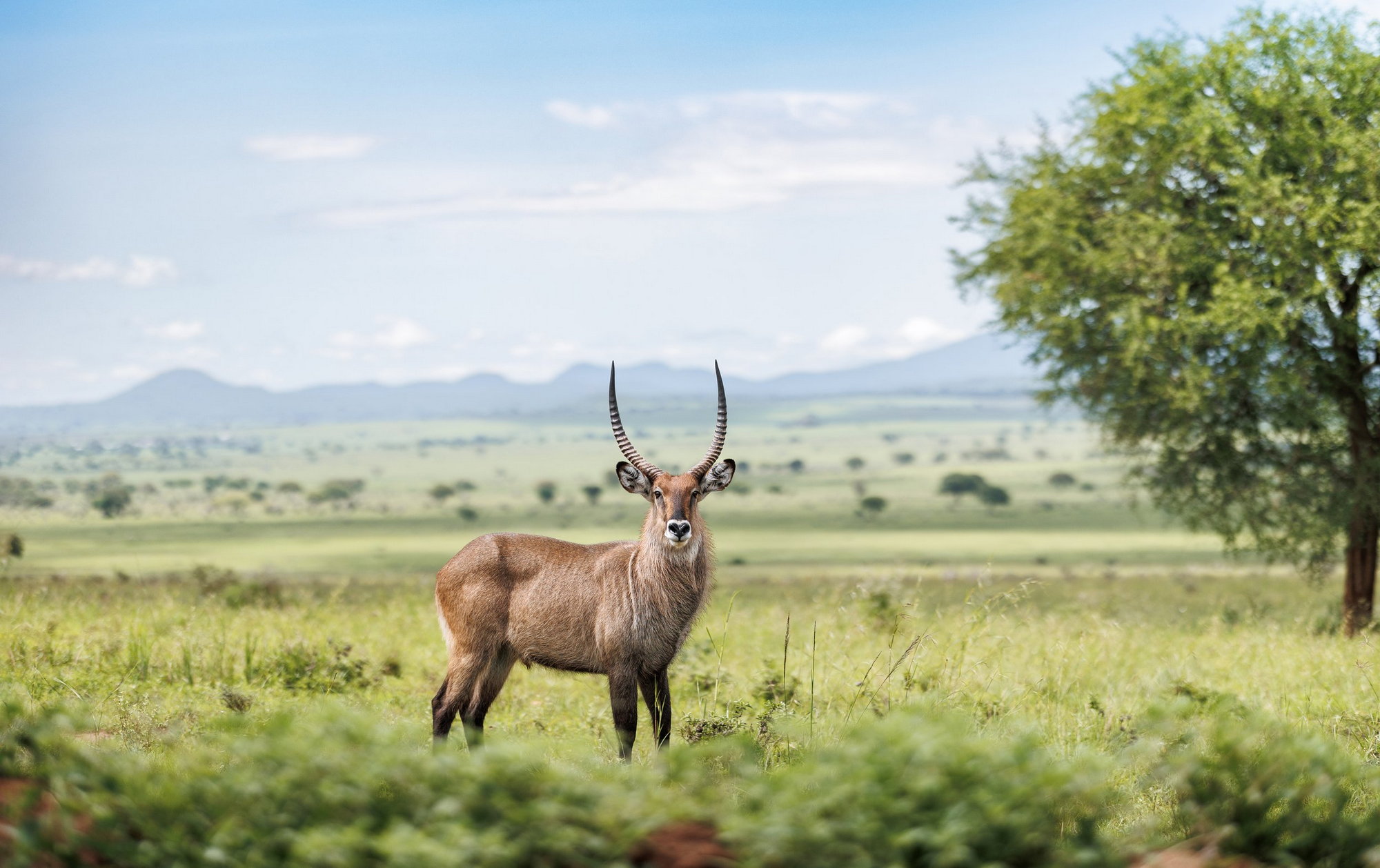
In the past, Uganda’s wildlife management approach lacked sufficient community participation. However, since 2013, individuals, communities, and landowners have been inspired by successful community conservation efforts in other countries such as Namibia and, closer to home, Kenya. Although early attempts to pilot conservancies faced challenges due to limited capacity and technical guidance, it highlighted the need for a transparent and coordinated approach.
In March 2021, representatives from various conservancies and respected community conservationists convened to address these challenges. The result was the establishment of Umoja—a trusted and reliable local organization coordinating efforts, amplifying voices, and advocating for conservancies to the government and other stakeholders.
In recent years, community wildlife conservation in Uganda has gained significant traction, leading to a notable increase in both community and private conservancies. As a result, these efforts have achieved some significant successes, including a rise in wildlife populations, improved livelihoods for communities benefiting from wildlife resources, and a reduction in human-wildlife conflicts in certain areas. Despite these achievements, there is still potential for further improvements in the successes and impact of well-implemented community conservation efforts.
Umoja holds a unique position to support communities in preserving wildlife and their habitats while simultaneously promoting community livelihoods and economic development.
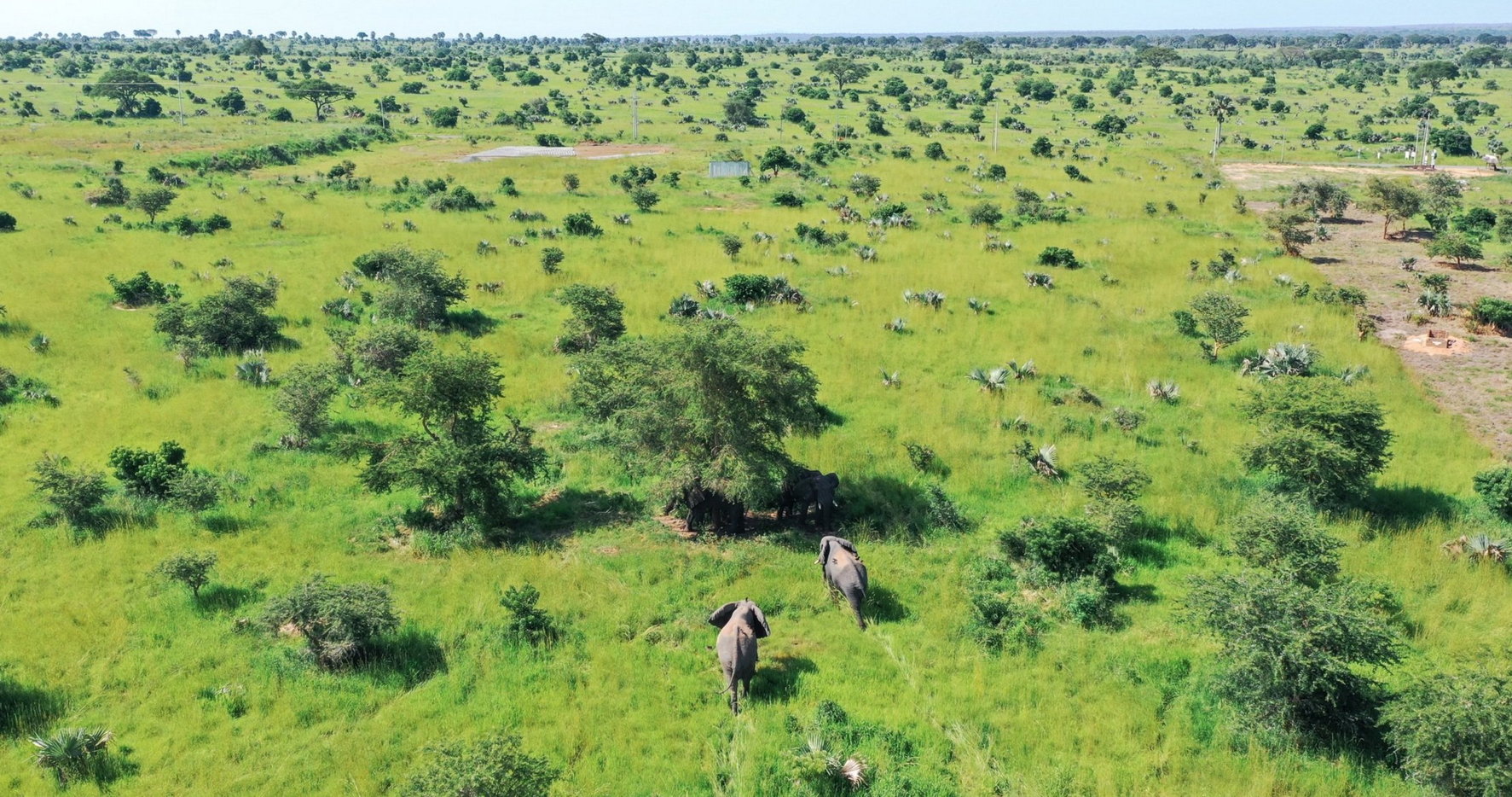
Forging forward: our strategic vision
We successfully launched our Strategic Plan, which is guiding our efforts and promoting broader impact across Uganda's conserved areas. Download the strategy to learn more about our goals and objectives, and what we aim to achieve in the next five years.
Vision:
Prosperous wildlife conservancies in Uganda
Mission:
To strengthen and empower conservancies in Uganda to deliver benefits to people and wildlife
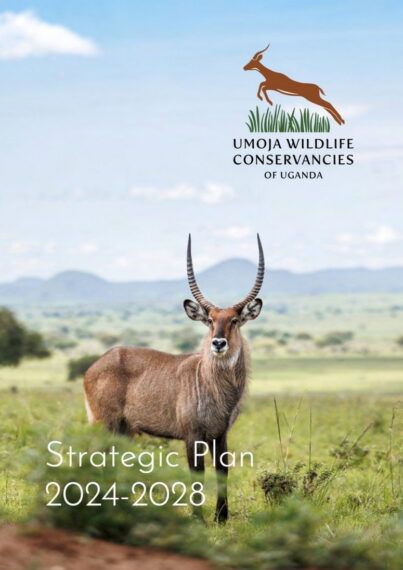
Umoja has successfully established and strengthened relationships with landowners and communities living and working across vast, diverse landscapes. By fostering a sense of unity and collaboration, Umoja has created a supportive network where landowners and community members can share knowledge, resources, and experiences, collectively working towards the conservation and sustainable management of wildlife and their habitats.
Within just two years, Umoja has included a variety of conservancies in Acholi, Karamoja, Bunyoro and Ankole under its umbrella. In East Acholi, community conservancies where Umoja works include Lapyem, Layugi, Paimol, Omia Pachwa, Orom and Lipan. Karamoja includes Wenyweny, Morunyang, Meris, Lokwasinyon and Longoriki, and Korithae in Napak district. In Nakapiripirit district is Amuda Conservancy. Group conservancies under Umoja are mainly in West Acholi, Bunyoro and Ankole, such as Acwiya ranch, Murchison Aswa Falls, Kayirabwa Chimps, and Rurambira. Private conservancies include Rwekyapa Agro Tourism and River Lokikya.
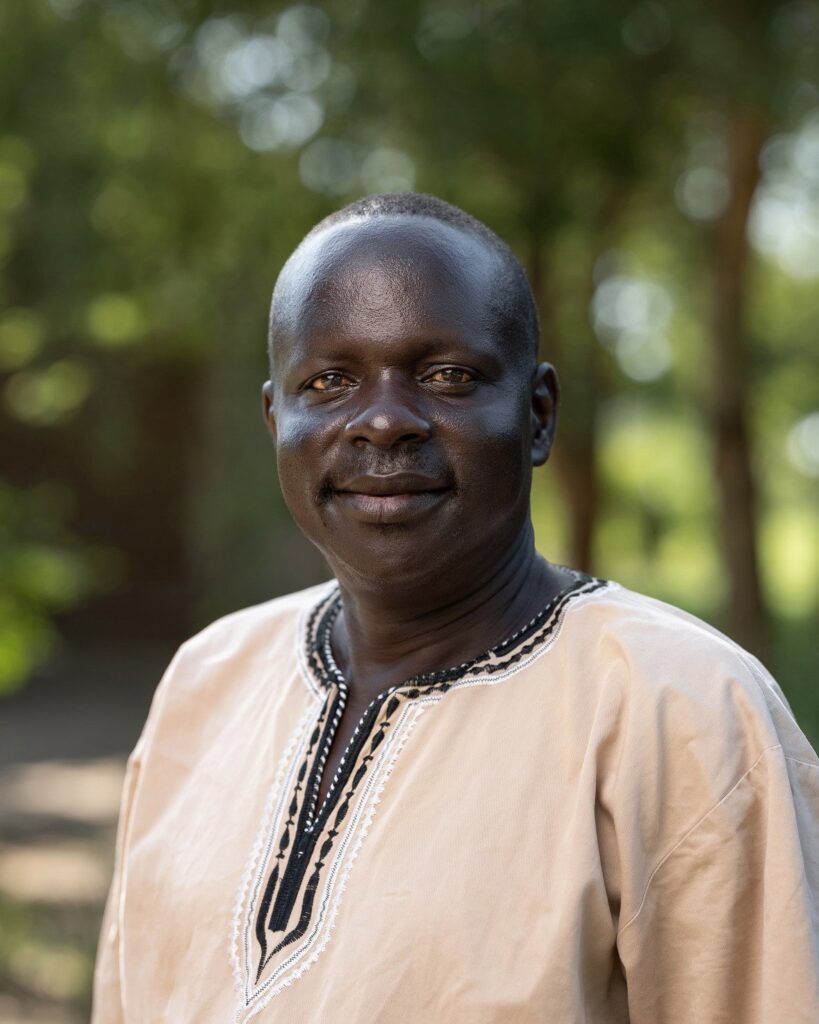
“We believe that community conservation is about uniting communities, improving livelihoods, conserving wildlife, promoting coexistence, strengthening local institutions while preserving traditional cultural practices.
Umoja also gives the communities one voice in policy dialogue and advocacy. It is also a platform for knowledge development, sharing, and multi-stakeholder dialogue.”
— Walter Odokorwot, CEO

